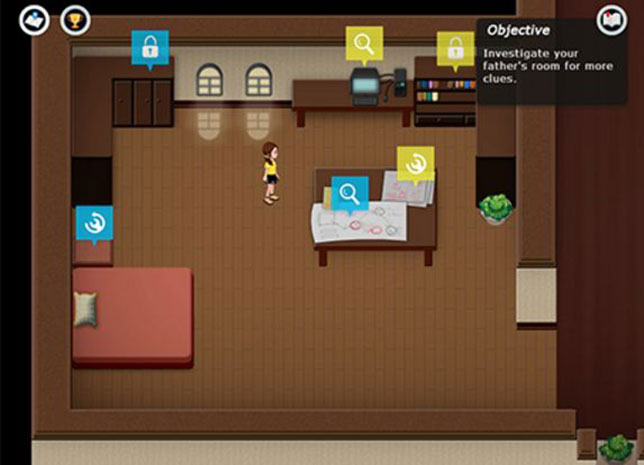Students Challenged to Test Computer Security Skills
- By Dian Schaffhauser
- 04/05/17
Middle and high schoolers have a chance to get some hands-on experience in hacking, decrypting and reverse engineering a network in a competition running through April 14 hosted by Carnegie Mellon. "picoCTF," as it's called, is a computer security game with a set of challenges unfolding in story form, intended to teach students the offensive hacking skills used by security analysts in the real world. The challenges can be tackled by individuals or by a team with up to five members.
"When your friend disappears unexpectedly, you must learn and use computer security skills to uncover and decipher critical evidence behind their whereabouts. Can you find your friend before it's too late?" intones the adventure.

The team that solves the most problems within the allotted time will be the winner. If more than one team solves all of the problems, then the team that solved the problems in the shortest amount of time will be the winner. Last year 17,000 students participated in the contest.
Prizes include $5,000 and the opportunity to visit Carnegie Mellon's Pittsburgh campus for an award ceremony for the top winner, $2,500 for second place, $1,500 for third place and so on through 10th place.
picoCTF is hosted by cybersecurity experts from the capture-the-flag experts Plaid Parliament of Pwning in Carnegie Mellon University's Security and Privacy Institute, CyLab. The event has also drawn professional services firm Cognizant as a sponsor.
"Right now, we are facing a tremendous shortfall in cybersecurity experts," said CyLab Director, David Brumley, in a video about the competition. "There are tens of thousands of open jobs, and these jobs pay over $100,000. The root of the problem is, most people don't even know computer security is a field they can go into. One of the goals of picoCTF is to build awareness that there's this huge field out there [with] lots of opportunities."
About the Author
Dian Schaffhauser is a former senior contributing editor for 1105 Media's education publications THE Journal, Campus Technology and Spaces4Learning.